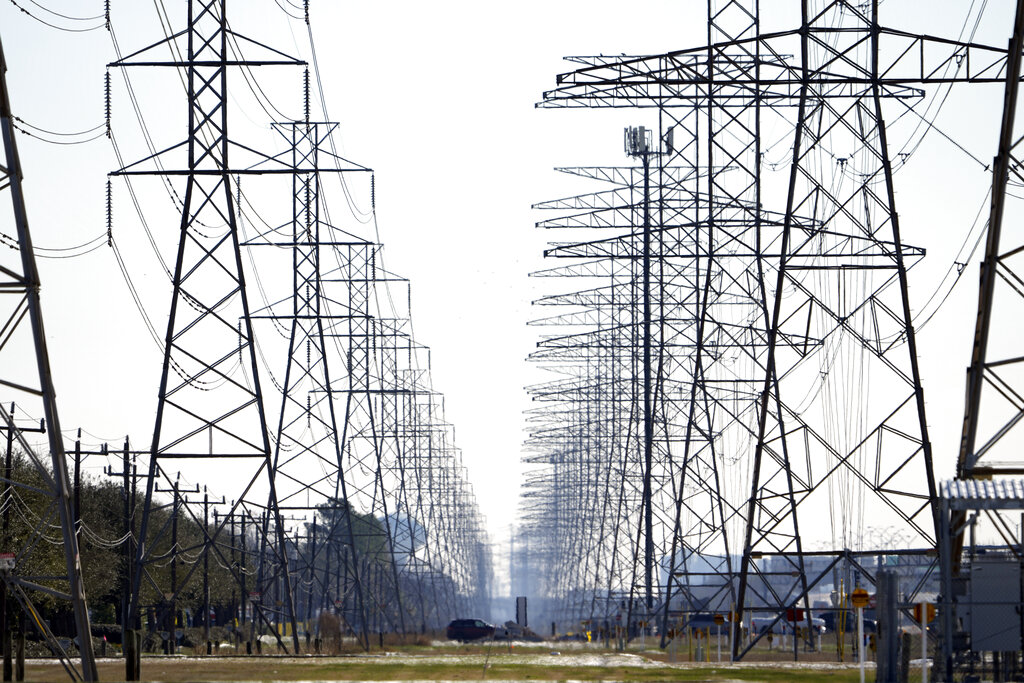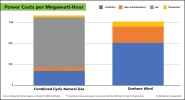Something to note, in the history of energy production: During the “big oil” era of Standard Oil (Rockefeller) kerosene production, they used to burn off a useless byproduct called gasoline. During the era of crude oil (for gasoline) production they would - and sometimes still do - burn off (or let escape) a useless byproduct called natural gas, which wasn’t valuable because it wasn’t liquid and capture/storage was an issue. I think we precisely want to burn certain petrochemicals for energy. The issue is doing it in the most efficient manner possible, so that formerly-useless energy products become more useful and efficient.This is thread drift, but I've always thought its a shame to just burn that stuff for energy. Better to use renewables to help convert it into something useful and lasting. Kind of like using wood as a construction material instead of a fuel.
The person who figures out something economically useful to do with coal, other than burning it, will never go hungry.
Also, there is a particular hand-waving about geography. Many countries don’t have much of a choice when it comes to energy resources. The earth’s crust layers are not homogenous. Some countries have limited choices on energy types. Heck, that’s why Brent crude and WTI crude are so different that they trade at different prices. Arbitrarily limiting one type in favor of another type isn’t always practical or realpolitik. North America is fortunate that we have a huge variety of energy types available to us… but when we get into renewables, the “electric car for all US garages” argument rapidly meets hard realities of rare earth element mining and refining limitations.




